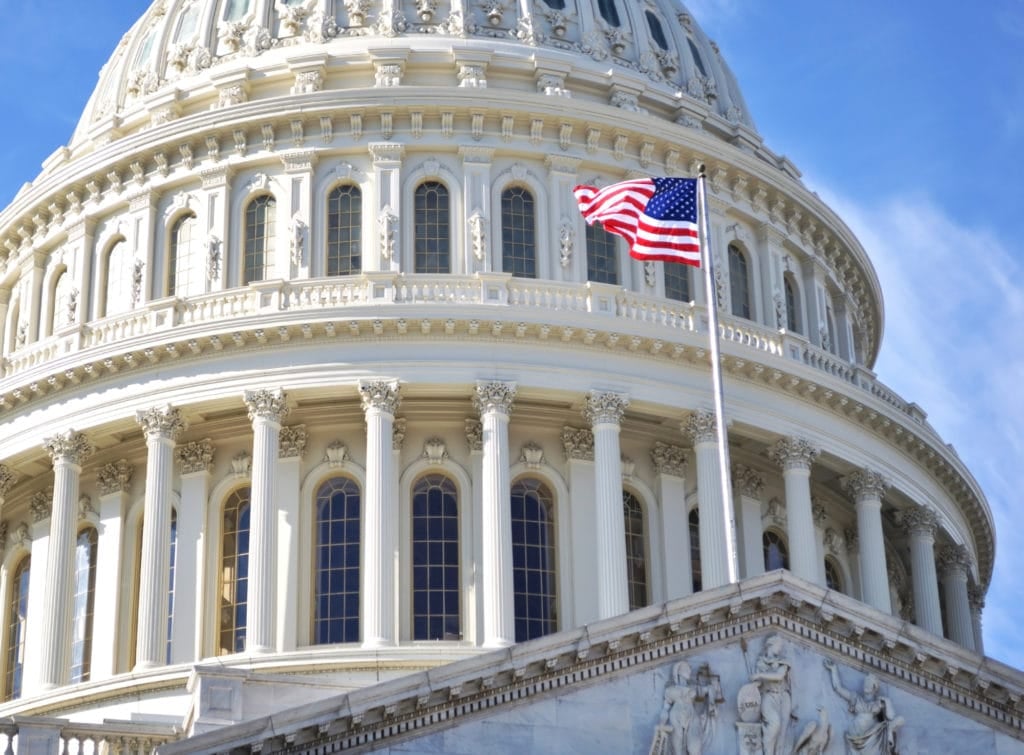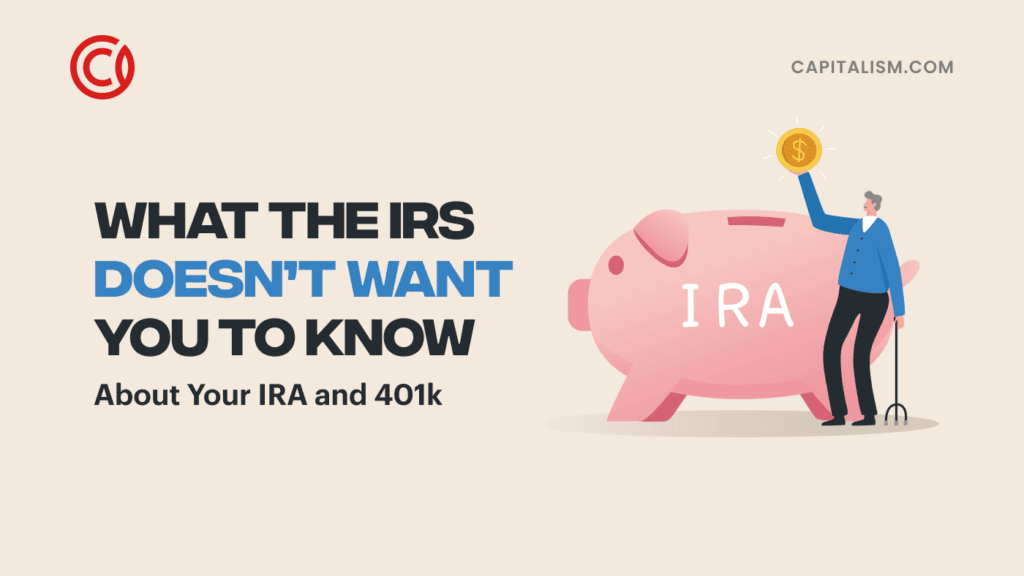When should government act to save the economy? Better yet, should government act at all? Was President Bush correct when he infamously said, “I’ve abandoned free-market principles to save the free-market system”? Shouldn’t government provide the necessary investment to the struggling sectors of the economy during downturns and recessions? Let’s explore this concept.
As many of us remember, in 2009, the Obama Administration passed the American Recovery and Reinvestment Act (otherwise known as the "Recovery Act" or "Stimulus Package") which authorized the federal government to spend more than $830 billion taxpayer dollars to rebuild the nation’s infrastructure and to further develop green technology, etc. The purpose of this bill was to provide employment to those who had recently become unemployed due to the recent financial crisis and to counter the deepening recession. And among these ambitious expectations, somehow by increasing deficit spending upwards to $1 trillion the deficit would be cut in half as a result.
As many critics of the Recovery Act would be quick to advise, the stimulus package didn’t provide much in results. Unemployment continued to climb, and the economy didn’t improve much either in the years that immediately followed. Even by the President’s admission, the shovel ready jobs were, “not as shovel-ready as we expected.” Nonetheless, despite the failure of the Recovery Act, the concept of stimulus, in general, is hardly debated. Many often highlight ‘mismanagement’ as the culprit, still others blame externalities like our increasing population. And if you ask advocates of stimulus, like Paul Krugman, they will advise we simply just didn't spend enough. Dare I say, perhaps we shouldn’t have even considered the notion of government stimulus?

The Recovery Act was doomed from the very start because it was predicated on a false premise. Despite the insistence from those of the Keynesian camp, spending doesn’t necessarily translate to prosperity. Only spending based upon what people demand can have that effect, and even then, success is not guaranteed. With the stimulus, the government directed funds toward areas of the economy where there was either little or no demand at all. And even though much of those funds were mismanaged and wasted, there is little to suggest that had those lost funds went to their stated purpose that the economy would be any better off as a result.
Why is this so? Because government stimulus plans, like make-work projects during the Great Depression, are focused on increasing production in some areas of the economy that aren’t in demand, while ignoring those parts of the economy that are in demand. But, there is no need for government investment in those areas where consumer demand is plentiful because that is where you will find private investment the most plentiful as well. It’s the parts of the economy where private investment lacks are where politicians and bureaucrats believe the government is needed to invest. But it seems few ever ask whether or not the “investment” in those struggling areas is wise.
And this is precisely why government stimulus is predicated upon a false premise. The very fact that private investment lacks in a particular area of the economy is an indication that investors expect a small return on investment. And when you factor in an already wasteful entity such as the federal government (or any government for that matter), you end up with a recipe for disaster. Not only can you expect more money spent than would otherwise be necessary if funded privately, but you can also expect a smaller return as well. Long-term growth is predicated upon there being a long-term demand for the investment. And that is precisely why the stimulus was unable to provide a satisfactory outcome.
The Recovery Act was only the latest attempt to aid a struggling economy via government stimulus, though. Just one-year prior, President Bush signed the Economic Stimulus Act of 2008 which delivered rebate checks to taxpayers at the discounted cost of $130 billion. The purpose of the act was to send checks to individuals and families to encourage spending. Again, the assumption here was that there simply wasn’t enough spending in the economy, and that government was needed to increase consumption. Of course, instead of directing investment as the Recovery Act did, the government would give control of that spending to individuals and families themselves.
This kind of stimulus is a little less perverse as the former, mostly because it reduces waste and mismanagement and allows consumers to spend the money where they best see fit. By allowing the funds to be directed by individuals, it’s more likely that they would spend the money on things they want but are unwilling to purchase because of economic uncertainty. If only consumers had a few more dollars in their bank account, then they would increase their spending and get the economy moving again, or so goes the theory.
Unfortunately, this stimulus plan didn’t have the desired outcome either. According to a survey completed by Matthew D. Shapiro and Joel B. Slemrod titled, “Did the 2008 Tax Rebates Stimulate Spending?”, over half of those who received these rebate checks used it to pay down their debt, while only one-in-five spent the funds on consumer goods. And this shouldn’t come across as a shock. Typically, during periods of economic distress and uncertainty, people tend to save more and reduce their debt holdings. The last thing on many people's’ minds is what new toy they can purchase when they aren’t even certain they will have a job to go to the next day.
And this is where the fundamental disconnect lies in economic stimulus. Going back to the original argument, that the concept of government stimulus is based on a false premise, it is unreasonable to expect any plan designed to stimulate spending when people are purposefully spending less and saving more. One must also wonder how much the stimulus hurts economic growth when you factor in all the excess dollars that are necessary to pay for the stimulus, which naturally reduces the spending power of the dollars that individuals hold.
The unfortunate reality is that government does not own a weather machine that can magically make gray skies clear. Just the same, one cannot expect government stimulus to circumvent the natural tendencies of consumers. Real growth stems from producing goods and providing services that people want and need. Futile attempts to manufacture growth will always fall short of this goal. It is tough medicine to swallow, but storms must always be waited out.











